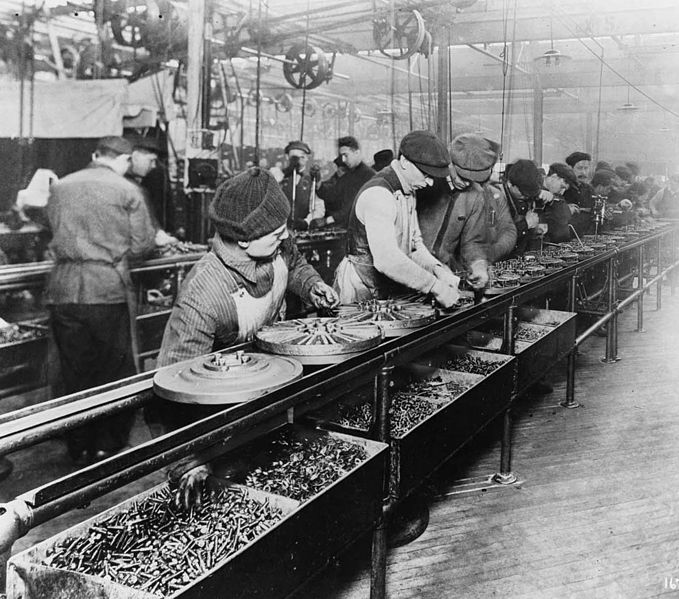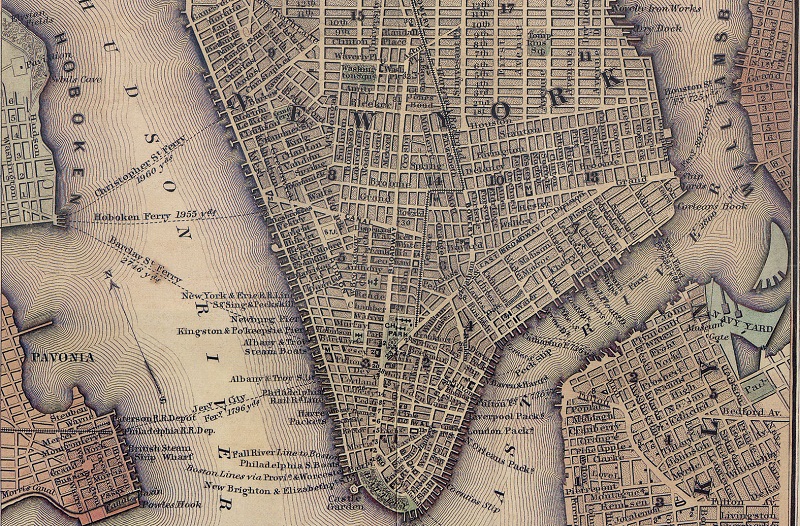I have a new column this week on OnlySky about the effect of abortion bans. They don’t decrease abortion – they increase it.
It’s been three years since the Dobbs decision that allowed red states to pass abortion. It was always obvious that wealthy, privileged people wouldn’t be affected by this – they can just travel to where abortion is legal. But you might have guessed that poorer and working-class people, who can’t afford the time or the expense, would be unable to access abortion care.
However, that expectation would be wrong. The data shows clearly that America’s overall abortion rate has gone up, not down. Blue-state shield laws, which allow providers to mail abortion medication to red states, have made these bans far less effective than their authors would like. This is a victory for personal liberty and reproductive rights, and a resounding defeat for the religious right lawmakers who spent decades trying to reach this point.
Of course, this is hardly good news. The flip side is that, while abortion hasn’t gone down, maternal mortality has gone up. This is exactly what we should have expected from laws that make doctors afraid to treat women in the throes of a pregnancy-related medical emergency. That’s not an accident, but their entire purpose.
Read the excerpt below, then click through to see the full piece. This column is free to read, but members of OnlySky also get special benefits, like member-only posts and a subscriber newsletter:
What this shows is that the religious right has tried their utmost to deprive women of autonomy—and they’ve failed.
Let’s not forget, they’ve spent a staggering amount of time and energy getting to this point. After their leadership made a political decision that fighting desegregation was a lost cause, the religious right reorganized around banning abortion. That’s been their all-consuming obsession for decades.
They’ve lobbied, marched and picketed. They’ve preached countless anti-choice sermons calling down hellfire on America. They’ve poured billions of dollars into getting anti-choice politicians elected. They’ve tried to frighten and shame women, squeeze clinics out of business with onerous regulations, and chase doctors out of practice through harassment, intimidation and outright violence.
This was supposed to be the moment of their triumph. The overturning of Roe was the culmination of their dreams. They thought it would be the start of a new era of glorious theocracy, where their particular version of religious dogma would reign over the land.





